
7 Early Signs Your Body is Fighting Cancer
Before you turn to medical testing for answers, remember this: you already possess a powerful, built-in diagnostic tool — your own body. Our bodies often give us small, subtle signals when something isn’t right. By paying close attention to these signs, you may be able to detect health issues, including cancer, before they progress too far.
When it comes to cancer, early detection is critical. Catching the disease in its early stages can make a significant difference in treatment success and long-term survival. While some symptoms are clear and easy to recognize, many signs of cancer are indirect — meaning they don’t always point clearly to the disease or are easy to confuse with everyday issues.
Here’s what you need to know about these indirect warning signs. If you notice any of the following symptoms — especially if they persist or occur in combination — consult with your doctor to determine whether further testing is needed.
Indirect Symptoms of Cancer
Cancer doesn’t always manifest where you expect it to. In many cases, the body begins to show subtle changes before the tumor is ever discovered. These indirect symptoms can result from how cancer affects the body’s systems or how the body tries to fight it. While these signs may be vague or easy to dismiss, they shouldn’t be ignored.
1. Wheezing or Shortness of Breath
Many lung cancer patients recall wheezing or feeling short of breath as an early symptom — but few recognized it as something serious at the time. Often mistaken for allergies, asthma, or a mild respiratory infection, this symptom can go unnoticed for months.
If you're struggling to catch your breath or wheezing without a clear cause (especially if it's new), it could be a signal worth exploring further.
2. Frequent Fevers or Infections
Recurrent fevers or infections that don’t seem to go away — or keep coming back — may indicate leukemia, a type of cancer that starts in the bone marrow. This disease disrupts your body’s ability to produce healthy white blood cells, weakening your immune system.
If you’re constantly sick or battling lingering infections, it could mean your body’s natural defenses are compromised.
3. Difficulty Swallowing
If you frequently have trouble swallowing (called dysphagia), it may be more than just a sore throat or acid reflux. Throat cancer, esophageal cancer, and in some cases, lung cancer, can cause this symptom due to tumors pressing on the esophagus or nerves.
Difficulty swallowing accompanied by weight loss or hoarseness should be evaluated promptly.
4. Unexplained Weakness and Fatigue
Cancer-related fatigue is persistent, unrelieved exhaustion that doesn’t improve with rest. While fatigue is common in everyday life, cancer-related fatigue is more severe and often appears alongside other symptoms.
If you’re constantly tired without a clear reason — especially in combination with symptoms like weight loss or pain — speak to your doctor.
5. Feeling Full Quickly or Loss of Appetite
Feeling full after just a few bites or losing your appetite entirely can be an early sign of ovarian or pancreatic cancer. Some patients also report sudden aversions to foods or drinks they once enjoyed — particularly coffee, alcohol, or tobacco.
A significant change in your relationship with food — without a diet change or illness — deserves attention.
Visible Bodily Changes That May Signal Cancer
While many symptoms of cancer are internal or indirect, some may show up in ways you can see or feel externally. These physical changes can sometimes be mistaken for benign issues, but should still be taken seriously — especially if they persist or worsen.
6. Unexplained Weight Loss or Gain
Losing weight without trying, or gaining weight rapidly without changes in diet or activity level, can be signs of certain cancers such as pancreatic, stomach, lung, or ovarian cancer. Weight changes can also reflect how cancer alters metabolism and hormone function.
If your weight changes drastically and you can’t explain why, it’s time to consult a healthcare provider.
7. Rectal Bleeding or Blood in the Stool
Noticing blood in your stool or on toilet paper may indicate colorectal cancer, especially when accompanied by changes in bowel habits such as diarrhea, constipation, or pencil-thin stools. While hemorrhoids can also cause bleeding, don’t assume — especially if the bleeding is persistent.
Rectal bleeding should never be ignored or self-diagnosed. A colonoscopy or screening test may be necessary.
The Takeaway: Know Your Body, Trust Your Instincts
Cancer often starts quietly. It doesn’t always announce itself with a loud or obvious symptom. That’s why being attuned to your body’s signals is your first line of defense. Symptoms that seem mild, vague, or unrelated could be your body’s early attempt to tell you something is wrong.
Here’s when you should speak to a doctor:
-
Symptoms persist for more than two weeks
-
You notice a cluster of small changes
-
You have a gut feeling something isn’t right
-
There's a family history of cancer and you're experiencing unusual symptoms
You don’t need to panic over every ache or cough — but don’t ignore persistent changes, either. Early detection often means a wider range of treatment options and better outcomes.
Trust your instincts. Your body is smarter than you think — all you have to do is listen.
News in the same category


The surprising truth about eating eggs every day

9-year-old dies after dental procedure
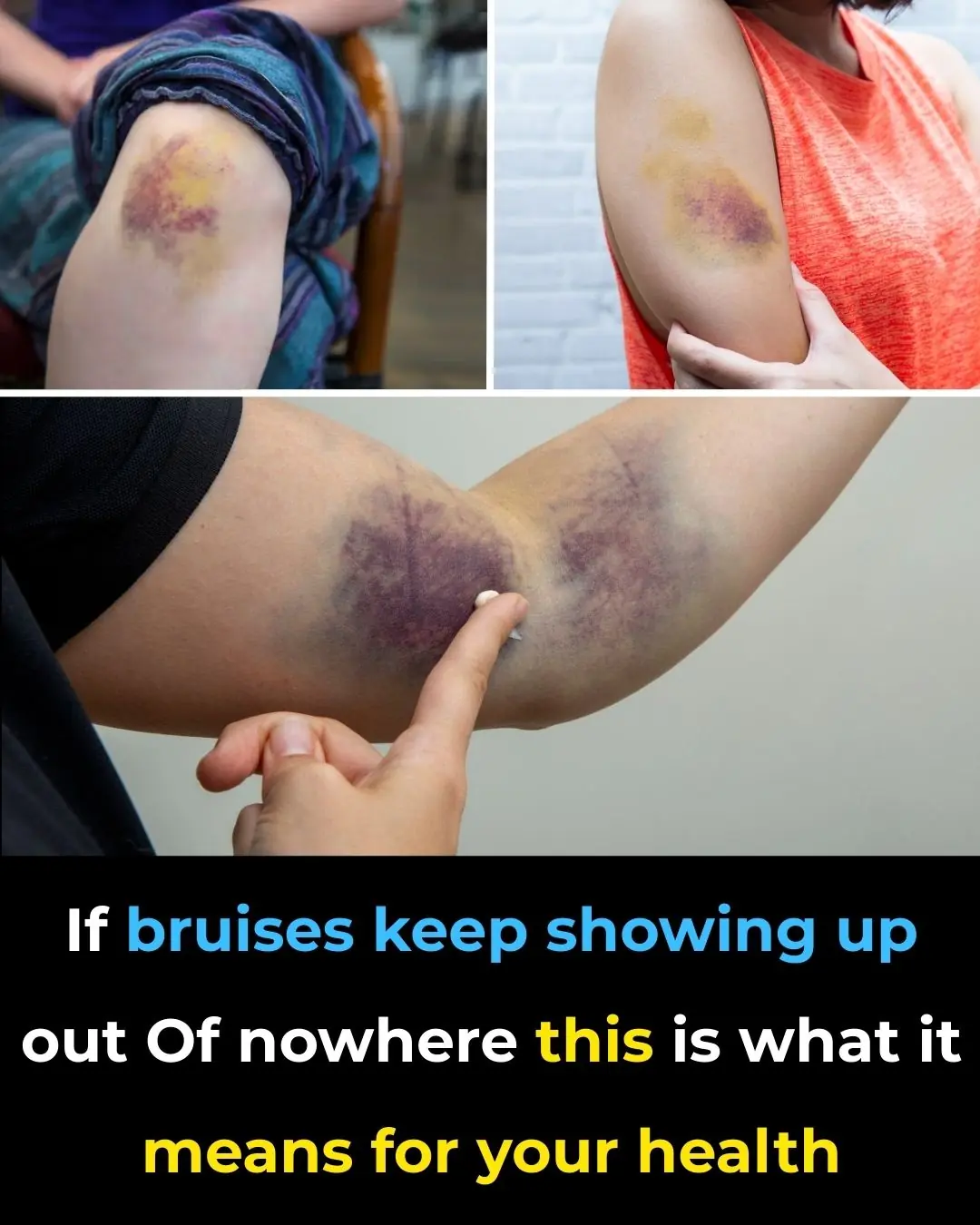
Unexplained Bruising on Your Body: Causes and Treatments

If your private parts smell fishy, it’s something you should be aware of
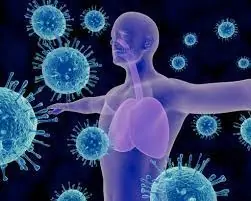
10 Hidden Signs Your Immune System Is Under Attack

15 Early Signs That May Indicate Cancer – According to Medical Experts
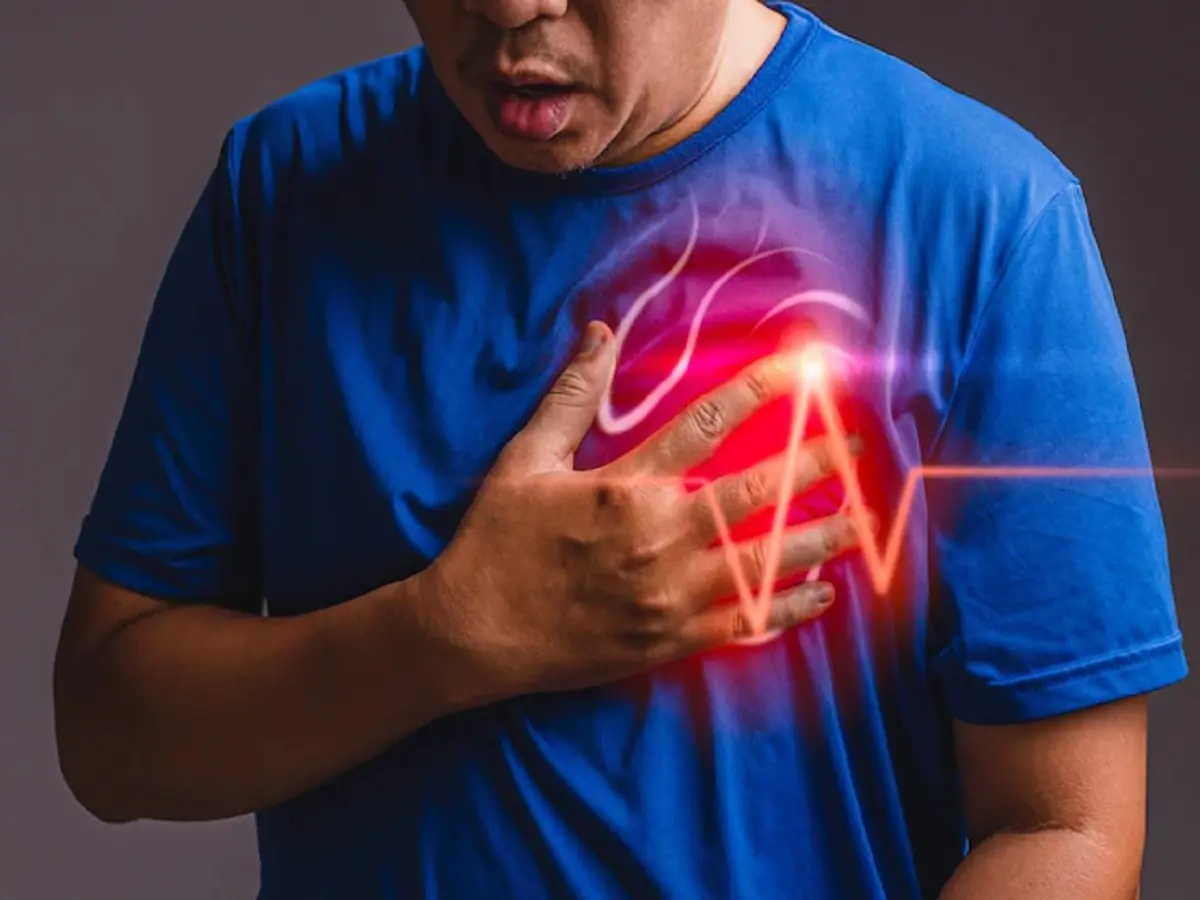
10 Common Habits That Are Secretly Harming Your Heart You Probably Didn’t Know
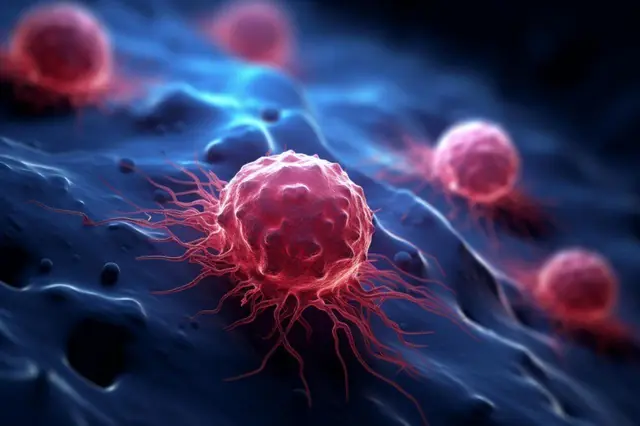
20 Powerful Foods That Fight Cancer and Boost Your Body’s Natural Defenses

6 Foods to Stabilize Hormones and Reduce Hair Loss in Women

How to Avoid 'Pork Worms' After a Man Developed Them in His Brain

Man Attacked by Hyenas Survives by Targeting Their Weak Points

Experts reveal seven reasons you shouldn't sleep in your underwear or risk health issues

The 5 Best We:ight-Lifting Exercises for Better Posture
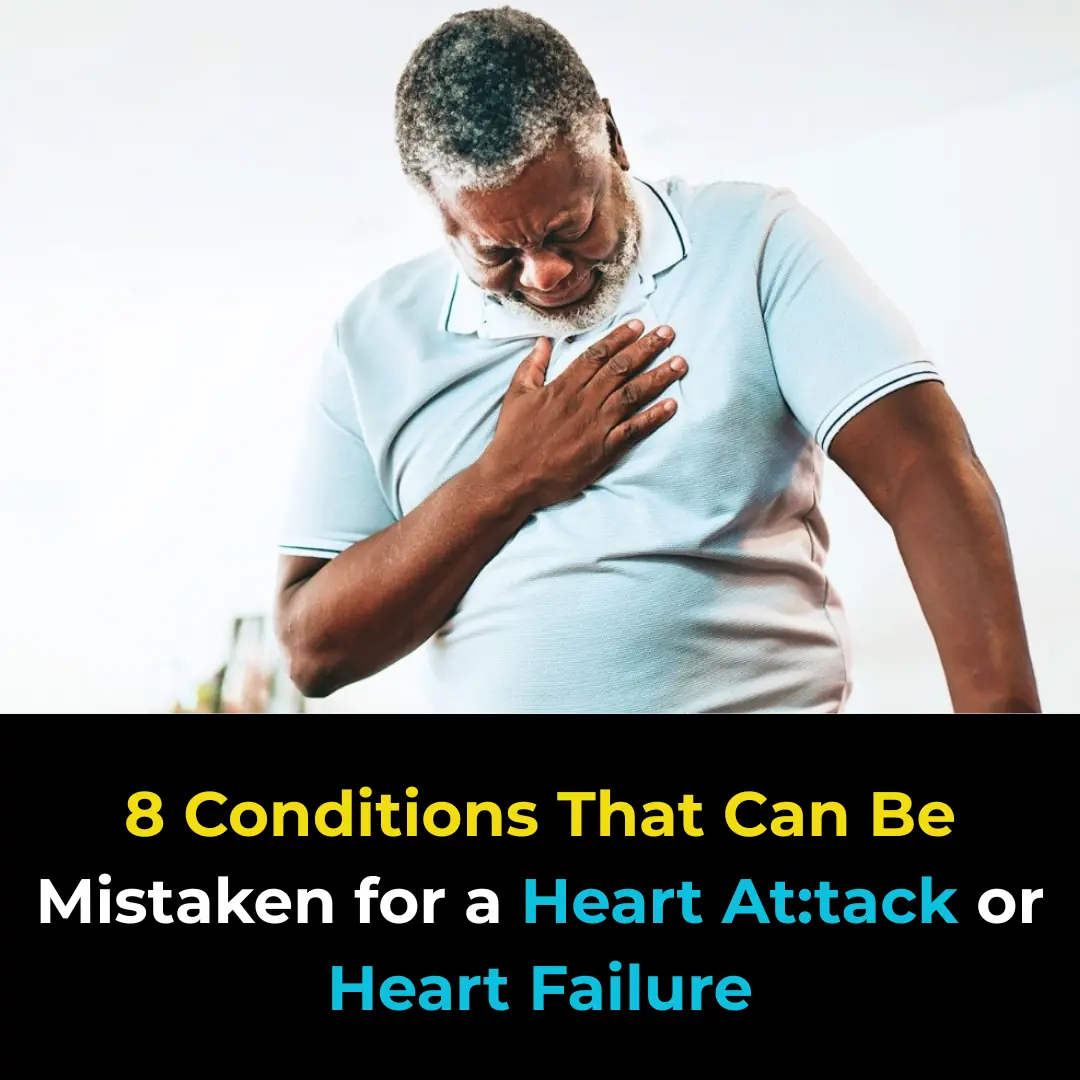
8 Conditions That Can Be Mistaken for a Heart A::ttack or Heart Failure

Mediterranean Diet May Ward Off Alzheimer’s Despite High-Risk Genes
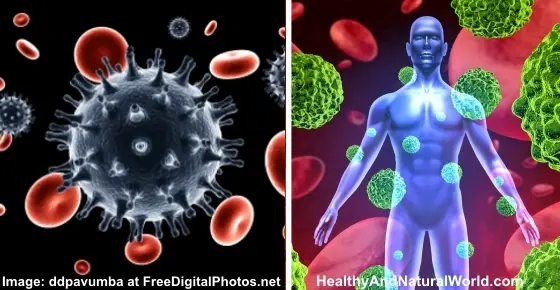
10 Warning Signs of an Autoimmune Disease and How to Reverse It

How to Naturally Get Rid of Fleas From Your Home, Garden and Pets

7 Best Nutrients to Prevent Alzheimer’s and Dementia
News Post

Early-Stage Cancer May Not Hurt at First, But If You Notice These 8 Signs When Using the Bathroom, See a Doctor Immediately: Don’t Be Negligent

Crush This Bundle of Mugwort Leaves and Place It in Your Room — No Matter How Many Mosquitoes There Are, They’ll ‘Run Away’ and You Can Sleep Peacefully

Pouring White Sugar into Detergent: A Simple Trick Everyone Loves That Saves You Big Every Year

How True Love Shows Itself During Intimacy

The surprising truth about eating eggs every day

9-year-old dies after dental procedure

Terri Irwin makes heartbreaking admission 19 years after Steve’s death

5 Nutritious Vegetables That Can Harm Your Kidneys If Eaten Too Much
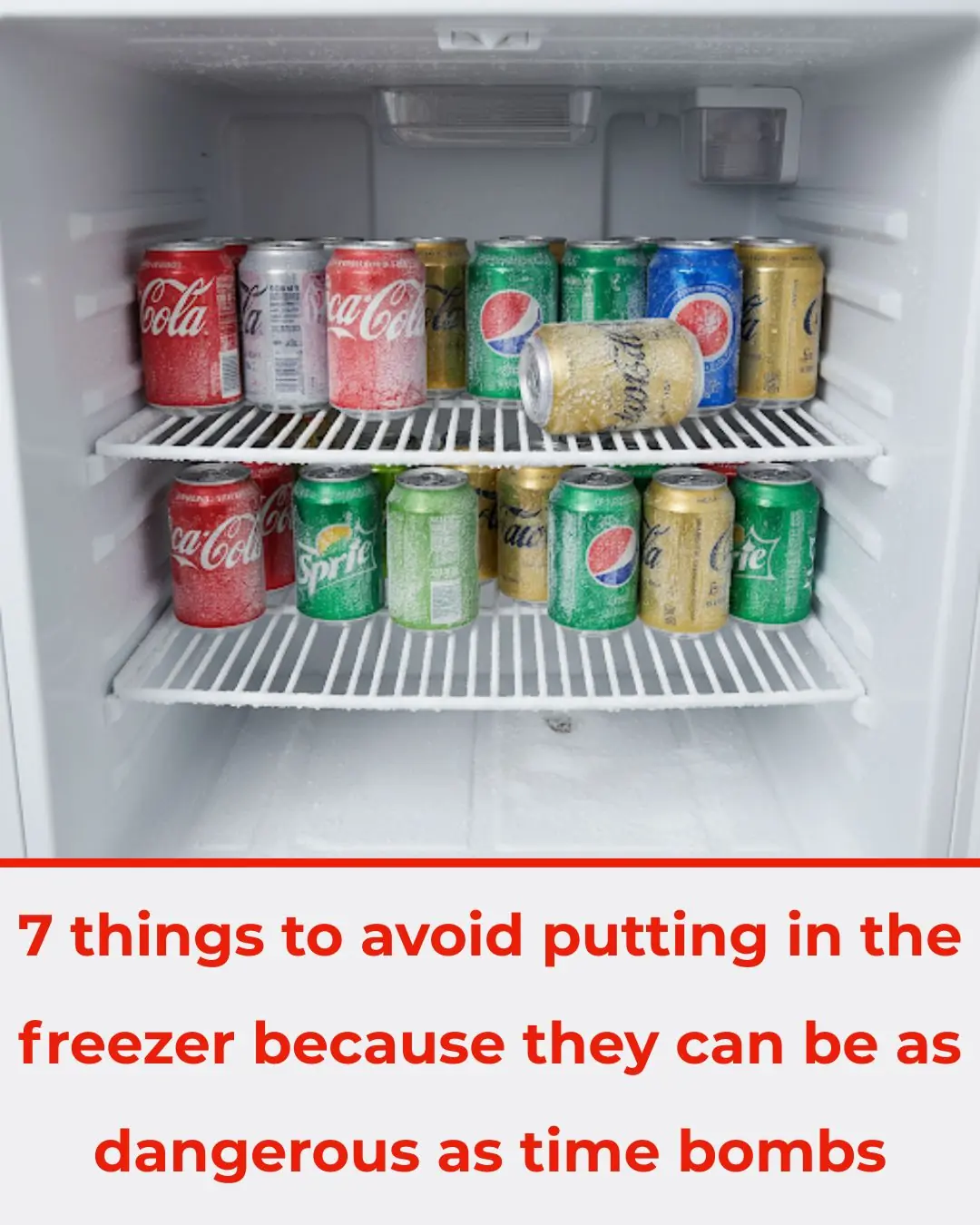
7 Items You Should Never Store in the Freezer – Like Ticking Time Bombs
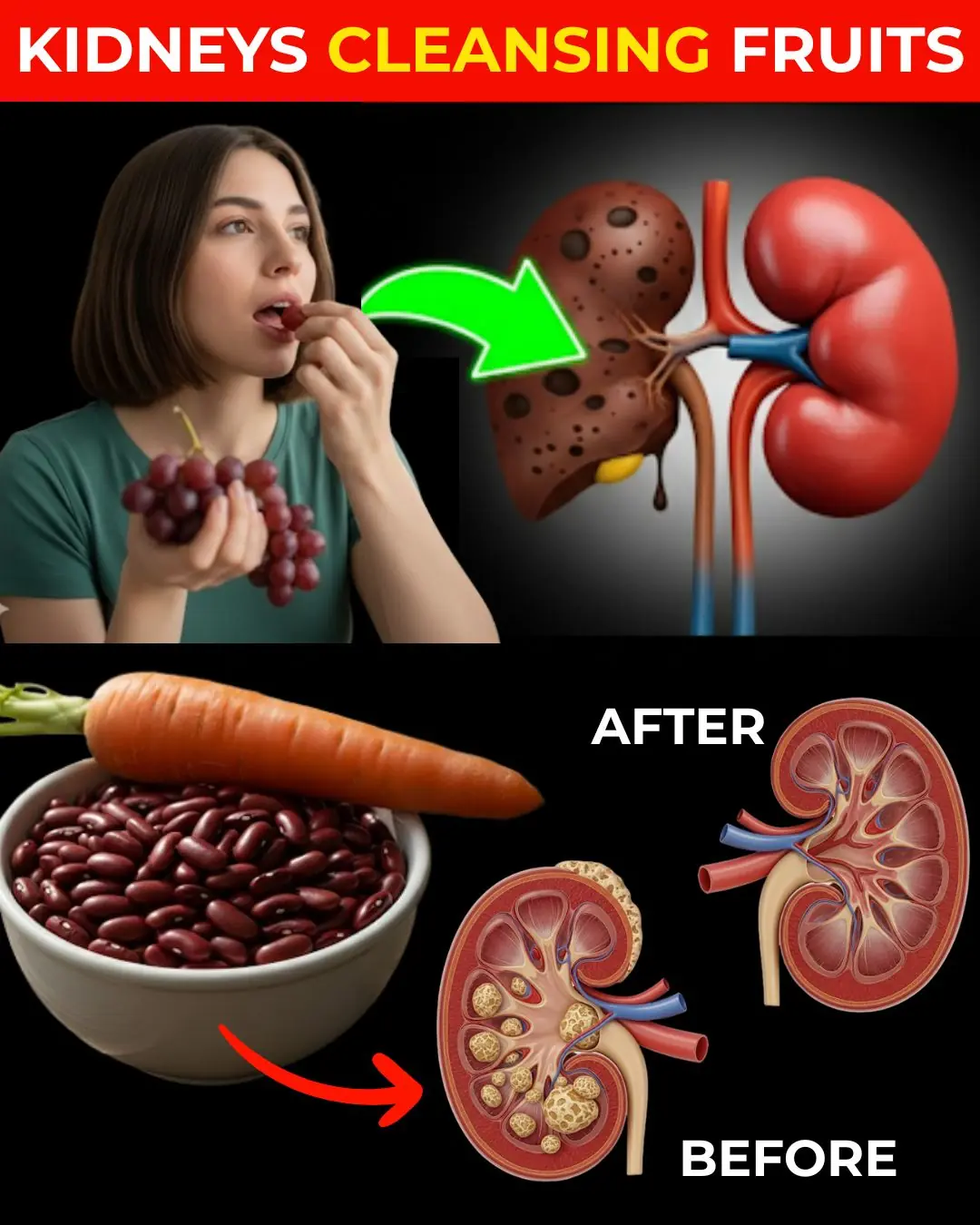
18 Powerful Foods That Help Detox Your Kidneys and Cleanse Them Naturally

15 Best Skin Gels for Glowing Skin & Wrinkles

Vaseline Uses and Benefits for Skin, Lips and Hair | Petroleum Jelly Benefits
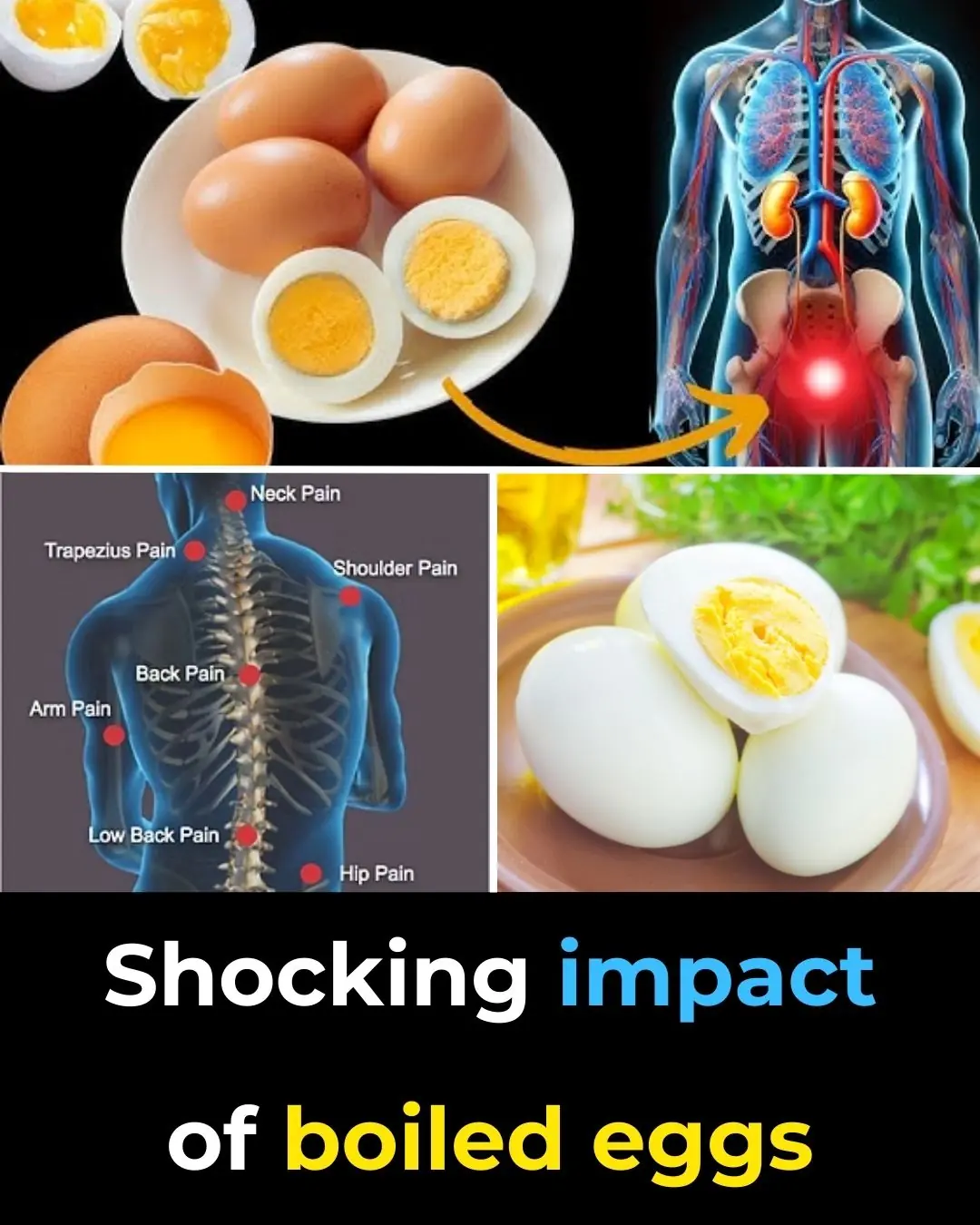
🥚 What Happens to Your Body When You Eat 2 Eggs Every Day?

‘Miracle’ Moment: Cross Necklace Stops Bullet and Saves Man’s Life

Christian Bale Built $22 Million Foster Care Village in California

Unexplained Bruising on Your Body: Causes and Treatments

If your private parts smell fishy, it’s something you should be aware of

10 Hidden Signs Your Immune System Is Under Attack
